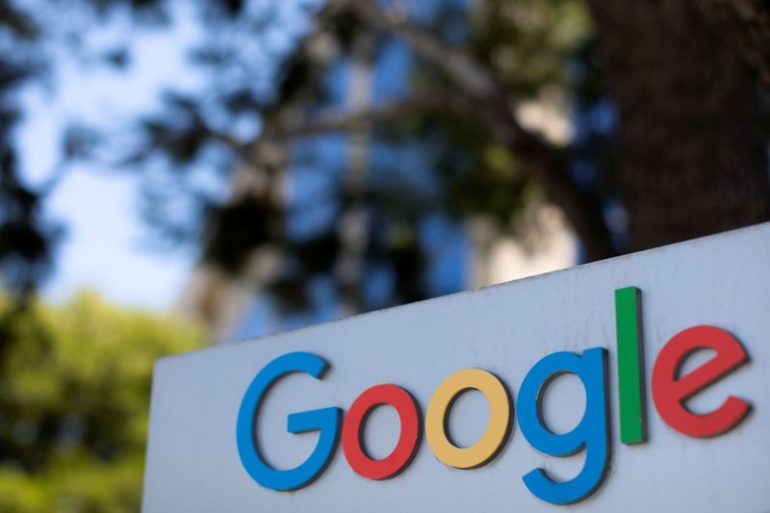Google has paused the Australian rollout of News Showcase, which is a news-based service pitched by the company as benefiting both publishers and readers.
News Showcase was only announced earlier this month, and when it was initially launched in Germany and Brazil, CEO Sundar Pichai explained the platform was aimed at paying publishers to “create and curate high-quality content for a different kind of online news experience”.
Although Google said it signed several agreements with Australian publishers for News Showcase in June, it has decided to pause its Australian plans as it is not sure if the product would be viable under the impending media bargaining code of practice published by the Australian Competition and Consumer Commission (ACCC).
Google has held firm that it is against the News Media Bargaining Code, saying previously it would force the tech giant to provide users with a “dramatically worse Google Search and YouTube”, which could lead to data being handed over to “big news businesses, and would put the free services you use at risk in Australia”.
“The agreements we have signed in Australia and around the world show that not only are we willing to pay to license news content for a new product, but that we are able to strike deals with publishers without the draft code’s onerous and prescriptive bargaining framework and one-sided arbitration model,” Google wrote in a blog post penned by Australia and New Zealand VP Mel Silva.
“We don’t oppose a code, and a system for resolving disputes between parties. But the arbitration system outlined in the draft is unworkable.”
The code, as drafted, adopts a model based on negotiation, mediation, and arbitration to “best facilitate genuine commercial bargaining between parties, allowing commercially negotiated outcomes suited to different business models used by Australian news media businesses”.
The ACCC believes the code is necessary to address the fundamental bargaining power imbalances between Australian news media businesses and major digital platforms.
Meanwhile, Google believes the code is “extremely broad and lacks vital definitions”, making it difficult to know how to comply.
Adding to previous remarks, Silva’s latest blog says the search giant also takes issue with the code’s “unfair payment conditions and unclear definitions and obligations”.
She argues the draft code proposes a “must include, must pay” system, which she labelled “extreme and unprecedented”.
“It essentially forces Google to provide a benefit to Australian news businesses and to pay them to receive that benefit,” Silva said. “A ‘must include’ regime is rare. And when this type of system is used, parties have a right to be included, but not a right to be included for free — let alone be able to demand payment to be included.”
Silva reiterated Google’s position that none of the value it would bring to the negotiating table would be considered by the arbitrator.
“What’s particularly concerning is that it’s not just one unequal negotiation,” she added. “We would be forced into these one-sided negotiations with all registered news businesses in Australia that earn more than AU$150,000 per year.”
“That means we could face extreme and uncommercial claims for payment — which is not financially sustainable for any company,” she added, noting the mandating of such code would set a dangerous precedent in Australia for other industries.
Google said no other code in Australia carries such huge penalties, explaining that the code, as drafted, could potentially result in a platform being fined up to 10% of its Australian revenue for a single breach. Google argued penalties for breaches of other codes that carry penalties are a maximum of AU$66,000.
Also taking issue with the code is Facebook, which has threatened to completely pull news from its platform in Australia.
